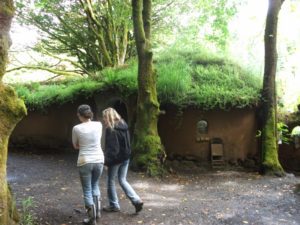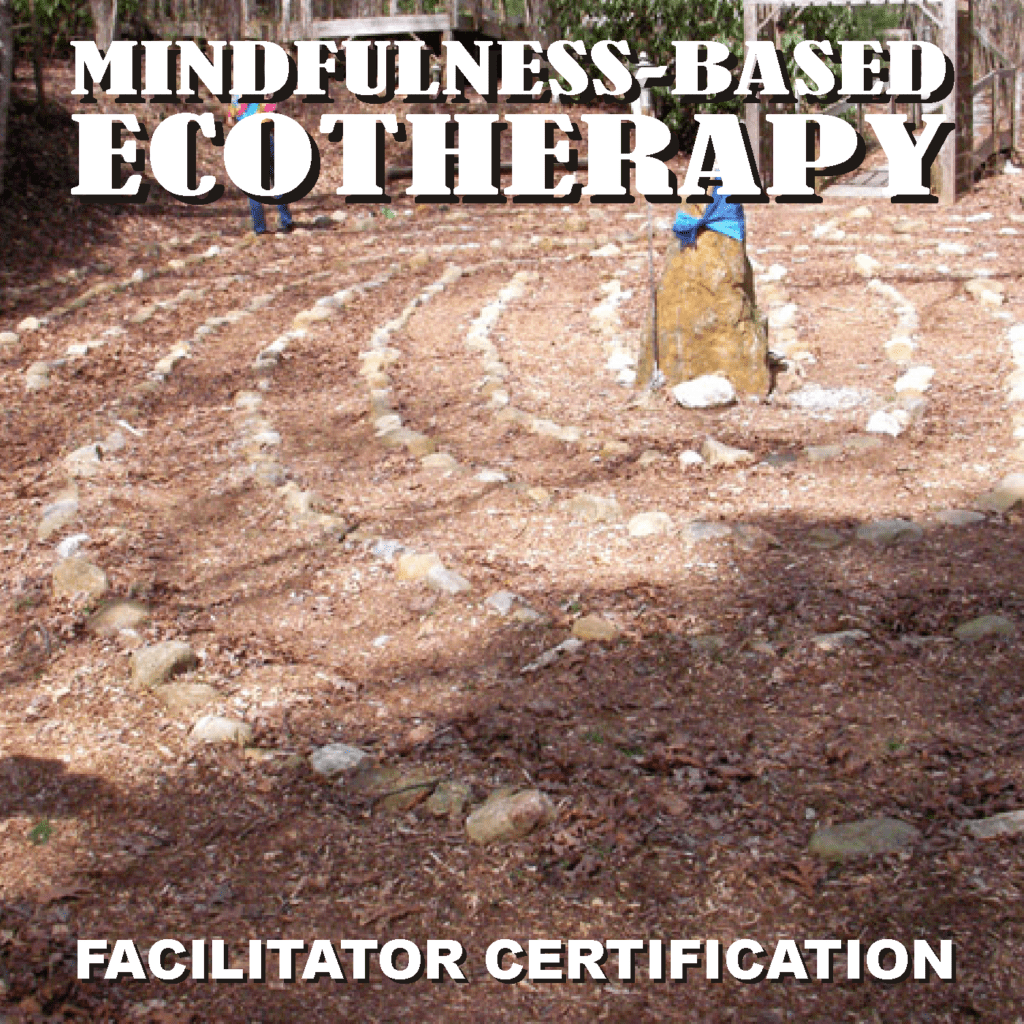
In this post…
Animal-Assisted Ecotherapy (AAE) is an innovative therapeutic approach that integrates the healing power of nature with the emotional and psychological benefits of animal companionship. This form of ecotherapy is based on the idea that interactions with animals, such as dogs, cats, or even horses, can significantly improve mental and emotional well-being, reduce stress, and help individuals overcome anxiety and depression. Whether you are experiencing a period of emotional turmoil or simply looking for ways to enhance your mental health, animal-assisted ecotherapy could be a powerful tool for healing.
Understanding Animal-Assisted Ecotherapy
Animal-Assisted Ecotherapy combines the principles of ecotherapy—the practice of using nature and natural environments to promote healing—with animal-assisted therapy, which involves structured interaction between animals and humans for therapeutic purposes. The bond formed between animals and humans can provide emotional support, reduce feelings of isolation, and help people reconnect with themselves and their environment.
In animal-assisted ecotherapy, a therapist or certified animal handler may guide individuals through specific activities, which can range from walking a dog in nature, caring for an animal, or simply spending time in the presence of a calming creature. These activities promote mindfulness, a deeper connection with nature, and improved emotional regulation.
The Healing Power of Animals
Animals offer unique emotional benefits that can have a profound impact on mental health. Studies have shown that adopting a dog or cat, for example, can significantly lower stress levels, reduce anxiety, and alleviate symptoms of depression. The unconditional love and affection that animals provide help to create a sense of safety and emotional stability for those who may be struggling with difficult emotions or traumatic experiences.
Here are some key ways in which animals play a role in healing:
1. Reducing Stress
Research indicates that interacting with animals has a calming effect on the human brain. Physical contact, such as petting a dog or simply sitting with an animal, has been shown to release oxytocin (the “feel-good” hormone) and decrease the production of cortisol (the stress hormone). This physiological response can help reduce stress, tension, and anxiety levels, promoting a sense of relaxation and peace.
2. Providing Emotional Support
Animals offer unwavering companionship, which can significantly reduce feelings of loneliness and isolation. Their presence can foster a sense of connection, making individuals feel less alone in their struggles. For those dealing with anxiety, depression, or trauma, animal-assisted ecotherapy provides a safe and comforting space to process emotions in a non-judgmental environment.
3. Encouraging Mindfulness
Animals live in the present moment, and their behavior can serve as a model for mindfulness practices. Engaging with an animal allows individuals to focus on the here and now, letting go of past worries or future anxieties. Walking a dog, for instance, provides an opportunity to connect with nature, breathe in the fresh air, and appreciate the beauty around you.
4. Improving Social Interaction
Animal-assisted ecotherapy often encourages socialization, whether through group therapy or community events involving animals. Interacting with a pet can help individuals break down social barriers, build trust, and improve communication. For children, particularly those with autism or social anxiety, spending time with animals can enhance social skills and increase self-confidence.
5. Fostering Responsibility and Routine
Caring for an animal requires daily routines, such as feeding, walking, and grooming. This structure can provide individuals with a sense of purpose and stability, which is especially beneficial for those experiencing depression or lack of motivation. Additionally, the act of caring for an animal fosters empathy, compassion, and responsibility, qualities that can improve overall emotional well-being.
Animal-Assisted Ecotherapy for Mental Health
The benefits of animal-assisted ecotherapy are particularly evident for individuals dealing with mental health challenges. Studies have found that individuals who engage in animal-assisted therapy experience significant improvements in their mental health, including a reduction in anxiety and depression symptoms.
For instance, a study conducted by the University of Maryland found that patients who interacted with therapy dogs showed lower levels of cortisol and reported improved mood. Similarly, research published in the International Journal of Environmental Research and Public Health has indicated that ecotherapy, when combined with animal-assisted interventions, leads to improvements in mental health and emotional well-being.
Anxiety and Stress Relief
For individuals dealing with high levels of anxiety or stress, animal-assisted ecotherapy can be a therapeutic game-changer. Spending time in nature with an animal helps lower heart rates, reduce blood pressure, and promote feelings of calmness. Whether it’s through quiet reflection with a horse or playing fetch with a dog, animal interactions allow individuals to de-escalate and regain emotional balance.
Depression and Emotional Healing
For those experiencing depression, animals can offer both emotional support and companionship. Animals never judge, and their steady presence offers unconditional love. Studies have shown that pet ownership, particularly dogs and cats, can reduce symptoms of depression by improving mood, increasing activity levels, and providing a sense of responsibility.
Getting Started with Animal-Assisted Ecotherapy
If you are interested in animal-assisted ecotherapy, here are a few ways to get started:
- Consult with a Therapist – Look for a certified ecotherapist who incorporates animal-assisted therapy into their practice. They can help you explore the benefits of this therapeutic approach and guide you through various activities.
- Adopt or Foster an Animal – If you’re ready for a deeper connection, consider adopting a pet from a local shelter. Whether it’s a dog, cat, or even a rabbit, fostering or adopting an animal can help you build a meaningful and healing bond.
- Join Animal-Assisted Ecotherapy Programs – Many nature therapy centers offer animal-assisted ecotherapy programs. Check with local clinics or online resources to find a program that aligns with your needs.
Conclusion
Animal-Assisted Ecotherapy is a unique and effective therapeutic practice that can bring profound benefits to individuals dealing with stress, anxiety, depression, and other mental health challenges. By fostering a meaningful connection with animals in nature, individuals can find emotional healing, reduce feelings of isolation, and experience greater peace of mind. Whether through pet ownership or structured ecotherapy sessions, the bond formed between humans and animals can provide a safe, supportive environment for growth and healing.
Share Your Thoughts on Animal-Assisted Ecotherapy!
Have you ever benefitted from Animal-Assisted Ecotherapy? Have your pets or other animals ever helped your mental health? Share your thoughts in the comments below!
Don’t forget to check out our YouTube Channel!





